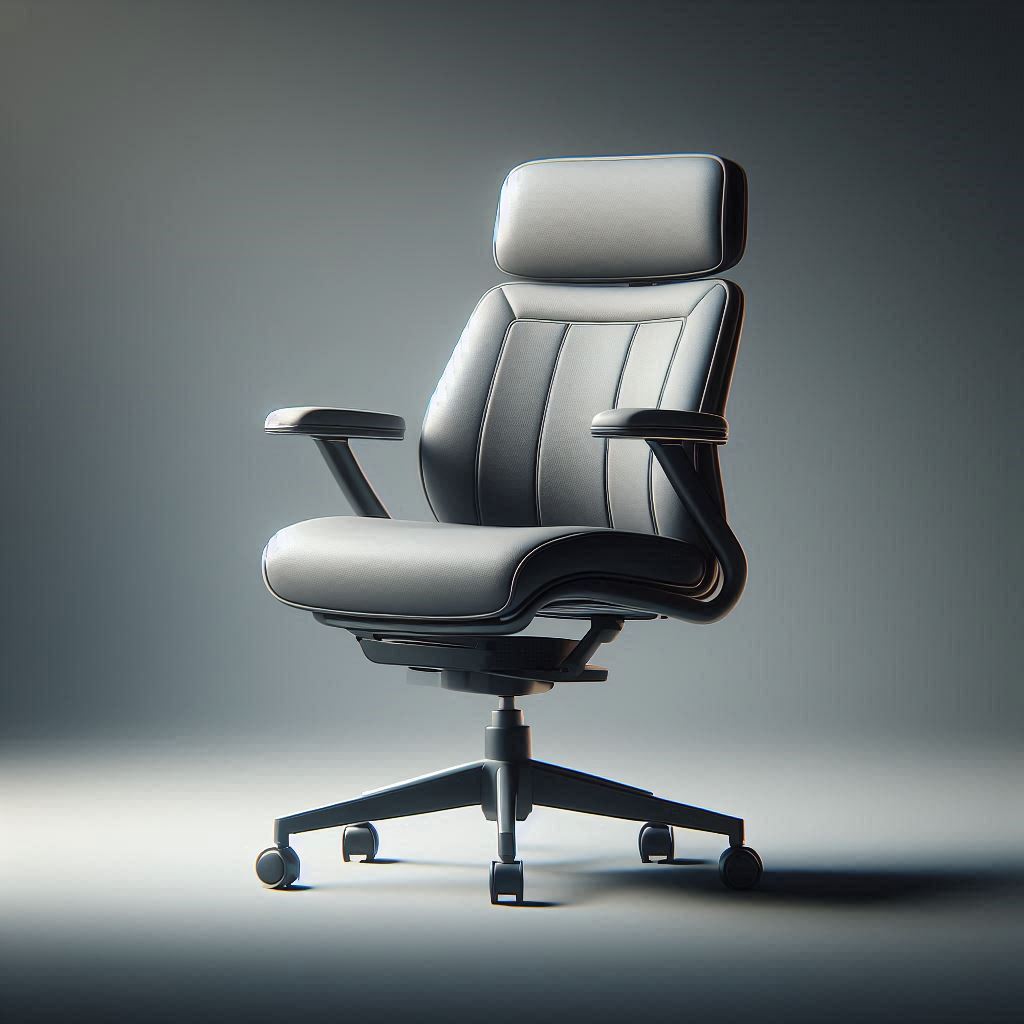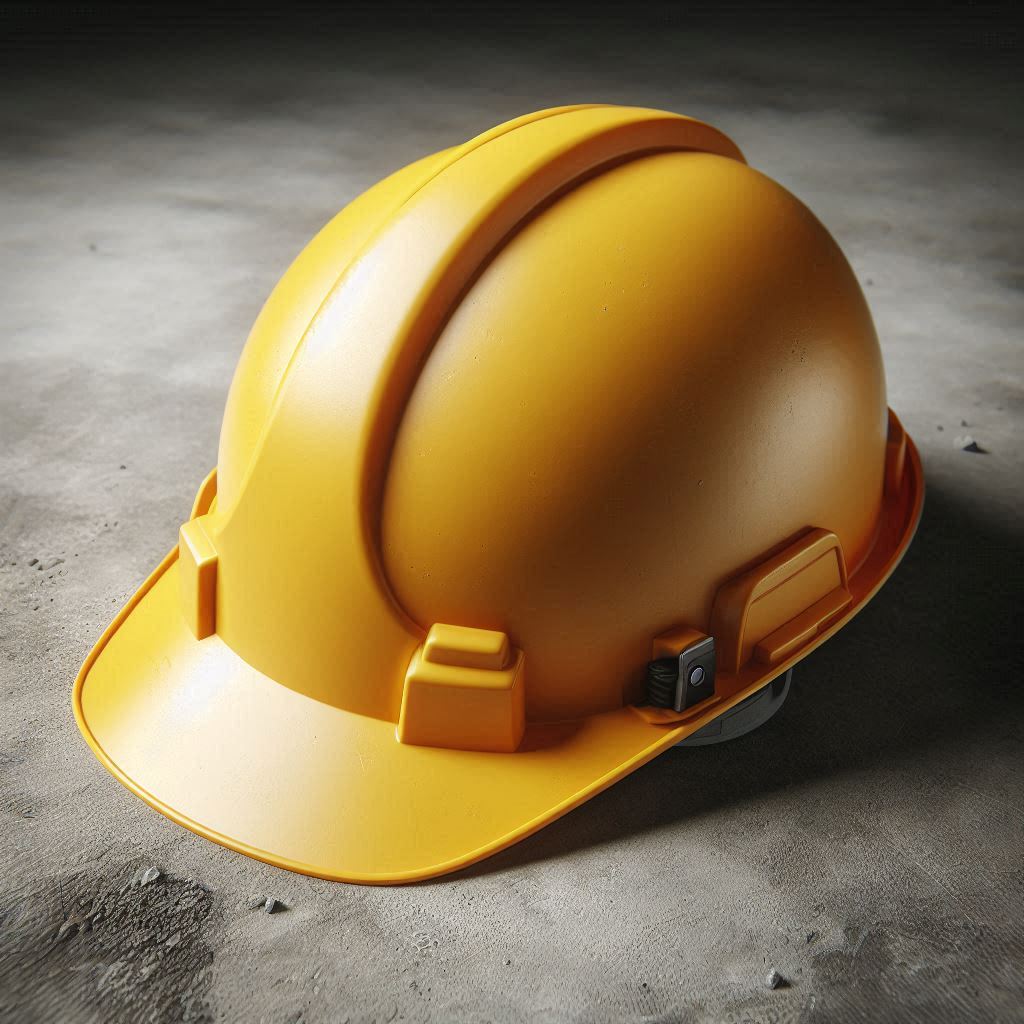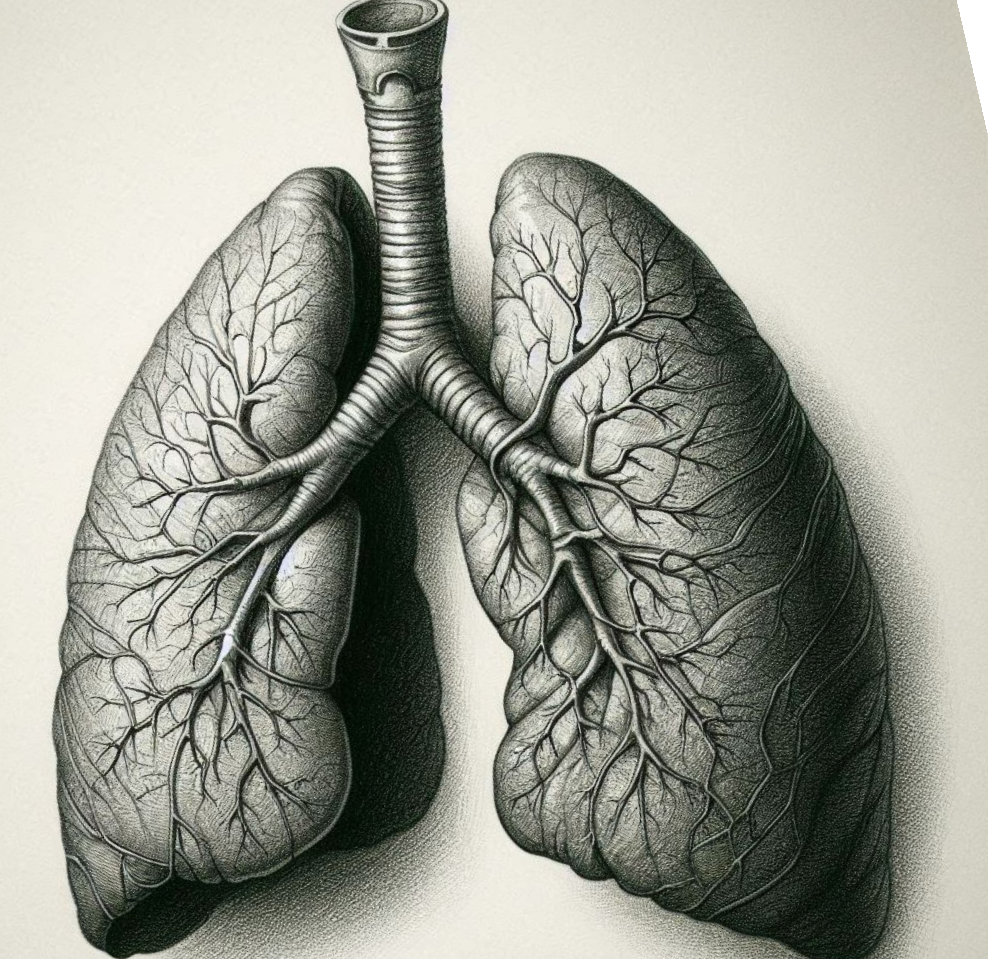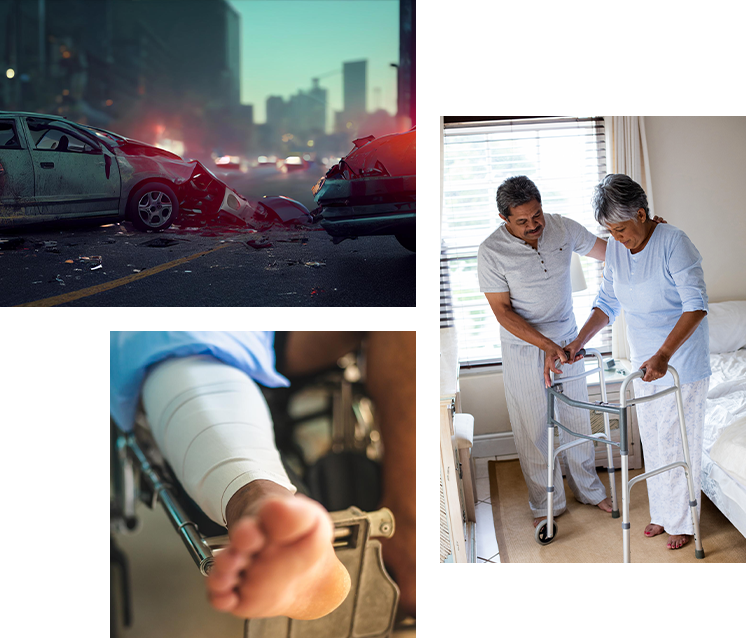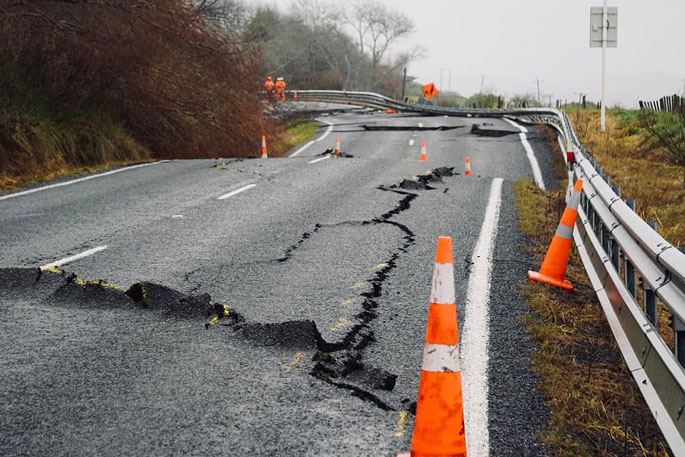Asbestos rocks are a group of fibrous minerals that were commonly used in construction materials until as recently as 1999 in Northern Ireland. Although the use of asbestos has since been banned, the harm it caused remains for some individuals.
What Does Asbestos Do to the Body?
Asbestos minerals are a group of six distinct minerals, each characterized by long, thin, fibrous strands. When these asbestos fibers are disturbed and become airborne, they can be inhaled and trapped in the lungs, where they irritate the lining for extended periods. Prolonged exposure to asbestos fibers can lead to serious health conditions, including asbestosis and mesothelioma.
While asbestos-containing materials (ACMs) may not pose an immediate risk to health if they are in good condition and undisturbed, any damage or disturbance can release harmful asbestos fibers into the air. If inhaled, these fibers can lead to severe lung diseases, including cancer.
Asbestos exposure can cause four major health conditions:
- Asbestosis – A chronic lung disease that causes scarring of lung tissue and difficulty breathing.
- Asbestos-Related Lung Cancer – A deadly form of cancer caused by inhaling asbestos fibers.
- Mesothelioma – A rare, aggressive cancer primarily affecting the lining of the lungs, heart, or abdomen.
- Pleural Thickening – A condition in which the lining of the lungs becomes thickened and stiff, making it difficult to breathe.
These conditions typically do not develop immediately after exposure. In fact, it can take decades for symptoms to manifest. Once diagnosed, these diseases are often irreversible, and treatment options are limited. Asbestos-related diseases continue to be a significant risk for workers, especially tradespeople in regions like Northern Ireland, where asbestos exposure remains a major health concern and cause of mortality.
Historically, asbestos was even used as the “snow” in The Wizard of Oz, but it is now recognized as a carcinogen, meaning it can cause cancer. The most common condition linked to asbestos exposure is mesothelioma. However, exposure to asbestos can also lead to other diseases, such as pleural plaques, asbestosis (an inflammatory lung disease), and cancers affecting the larynx and ovaries.
Do Buildings in Northern Ireland Still Have Asbestos?
Asbestos was widely used in various buildings across Northern Ireland from the 1930s to the 1980s. Initially regarded as a versatile material due to its heat resistance, chemical durability, and fireproofing properties, it became popular for applications such as insulation, flooring, and roofing.
After years of use, it was found that asbestos had significant harmful effects. When materials containing asbestos are disturbed, tiny asbestos fibers are released into the air. Inhalation of these fibers can damage the lungs, leading to scarring and inflammation. Asbestos is also considered a carcinogen, meaning it is a substance that can cause cancer.
Asbestos was commonly used in various building materials, including:
- Lagging on plant and pipework
- Insulation products such as fireproof panels
- Asbestos cement roofing materials
- Sprayed coatings on structural steelwork to provide fire and noise insulation
These materials, known as asbestos-containing materials (ACMs), may still be present in buildings today.
Asbestos in buildings is not always visible and can be concealed within the building structure, such as inside cavity walls.
It is crucial to have buildings thoroughly inspected for ACMs before undertaking any maintenance or refurbishment work. Always request the asbestos register before performing any work on the building’s structure to ensure the safety of all involved.
For more information on identifying potential asbestos-containing materials in both domestic and non-domestic premises, click here to read more on the Health and Safety Executive’s website.
Asbestos Exposure at Work in Belfast & Northern Ireland
Belfast’s shipbuilding industry, particularly Harland and Wolff, is closely linked to a high number of asbestos-related illnesses. At its peak, Belfast’s shipbuilding sector employed over 30,000 people, with the Titanic being the most famous vessel produced. Many workers in this industry were exposed to asbestos, leading to numerous compensation claims for asbestos-related diseases.
Between 2011 and 2021, the Department for the Economy paid over £35 million in compensation to 1,500 people in Northern Ireland. A significant number of these claims were filed by former shipyard workers at Harland and Wolff, known for using asbestos in ship construction. The Health and Safety Executive notes that asbestos-related diseases can take decades to develop, and the legacy of past working conditions continues to impact workers today.
Many individuals were exposed to asbestos in their workplaces due to its widespread use throughout the 20th century. Certain professions, in particular, face a higher risk of asbestos exposure due to their close contact with this harmful substance. These high-risk occupations include:
- Construction Workers
- Industrial Workers
- Shipyard Workers
- Firefighters
- Mechanics
- Boiler Workers
The UK’s asbestos legacy remains a major issue, with Belfast having one of the highest rates of asbestos-related diseases in the world. Many workers who were exposed to asbestos have since died from lung cancer or suffer from other severe lung diseases. Given that cancer from asbestos exposure can take up to 40 years to emerge, the number of cases is expected to rise in the coming years.
As Harland and Wolff was publicly owned at the time, the UK government hold’s liability for asbestos-related claims. The UK Government has paid out over £40 million in compensation since 2011 according to a recent BBC Article.
Making a Claim for Compensation for Asbestos Exposure at Work in Northern Ireland
It is crucial to seek legal advice from a personal injury solicitor with experience in asbestos litigation. Even if your asbestos exposure occurred decades ago and your former employer is no longer in business, you should not be discouraged from discussing a claim for personal injury damages. Lacey Solicitors are experts in tracing companies and their historic insurers, allowing you to pursue compensation.
Seek Help from our Expert Asbestos Litigation Solicitor
Asbestos solicitors must thoroughly investigate each case, examining the personal history to determine where the exposure occurred. Our personal injury department has extensive knowledge and a proven success record in pursuing claims for asbestos-related diseases contracted through employment. Learn more about our services under Industrial Disease Claims, or contact us using our online form for a free initial consultation.

